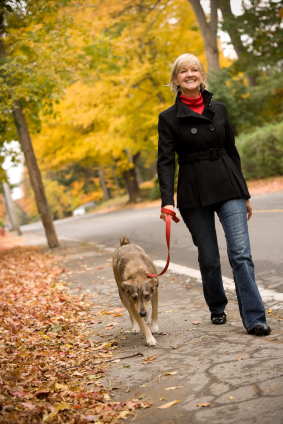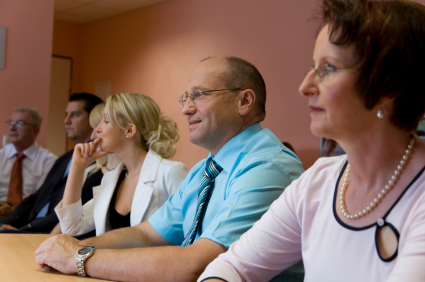Personal Wellbeing
Solvitur ambulando, the Latin dictum, translates to: It is solved by walking. A brisk walk – or even a gentle stroll – can often be just what is needed to clear our head and restore our spirits.
How Much Walking?
 Well, there's good news for the 85 percent of us who don't have a regular, vigorous work-out routine. Turns out, walking is enough. The brisker, the better.
Well, there's good news for the 85 percent of us who don't have a regular, vigorous work-out routine. Turns out, walking is enough. The brisker, the better.
Adults start to get health benefits from at least 150 minutes a week of moderate physical activity, such as brisk walking. This means an average of 30 minutes of activity on five days a week.
Children and young people need at least 60 minutes of moderate physical activity. It is clear from the SLÁN and HBSC studies that most Irish adults and children are not active enough to be healthy. Which is another reason the Walk To School initiative is so important. See www.greenschoolsireland.org/ or WalkingMatters' own work with schools in walkingmatters.ie/who/
US studies show that regular physical activity reduces many health risks for everyone; children, adolescents, adults, people with disabilities and older adults, across all ethnic groups (Physical Activity Guidelines Advisory Committee, 2008). As you get more active, more often and for longer you reduce your risk of chronic disease.
Obesity is a major public health concern in Ireland (Department of Health and Children, 2005). The less active you are, the more you are at risk of being overweight. The 2007 SLÁN report showed that 38% of Irish people were overweight and another 23% were obese. When the figures from SLÁN 2007 are compared with figures from previous SLÁN surveys and the 1999 North/South Ireland Food Consumption Survey (Irish Universities Nutritional Alliance 2001), they show that there has been a notable increase in the levels of overweight and obesity. One in five Irish children and teenagers is overweight or obese (Irish Universities Nutrition Alliance, 2008).
To be a healthy weight, you need to take regular physical activity and eat a healthy diet. This ensures a balance between the energy you get from food and the energy you use.
Even when you do not lose weight, you may still benefit from being more active. Studies show that active adults who are overweight or obese gain similar health benefits to people with a healthy body weight.
What can I do?
 The key is to start with small gentle steps. Look around your community and see who else is concerned about these issues. Work with your neighbours to carry out a Street Audit and examine the blockages that prevent more people walking in the community and then approach your local council to talk about how changes can be made.
The key is to start with small gentle steps. Look around your community and see who else is concerned about these issues. Work with your neighbours to carry out a Street Audit and examine the blockages that prevent more people walking in the community and then approach your local council to talk about how changes can be made.
Remember, walking is not just good for you as an individual, it's good for the community too. The more people get out of their cars and start walking through their community, the more connections people make with each other, the more they smile and say hello and start talking to each other.
In a growing number of communities, bicycling and walking are considered as indicators of a community’s livability – a factor that has a profound impact on attracting businesses and workers as well as tourism. In cities and towns where people can regularly be seen out bicycling and walking, there is a palpable sense that these are safe and friendly places to live and visit.




